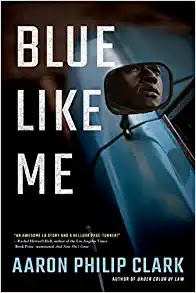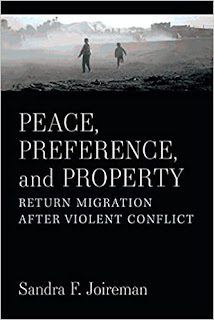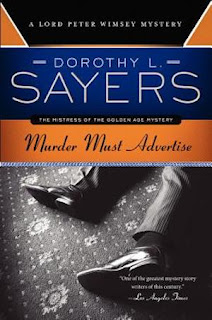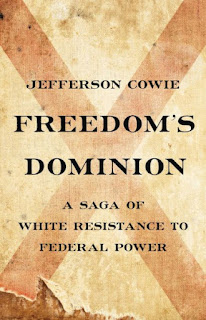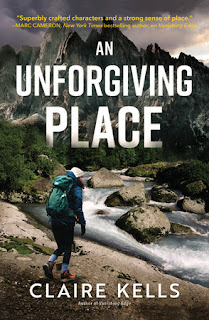
About the book, from the publisher:
China is unique in modern world history. No other rising power has experienced China's turbulent history in its relations with neighbors and Western countries. Its sheer size dominates the region. With leader Xi Jinping's political authority unmatched, Xi's sense of mission to restore what he believes is China's natural position as a great power drives the current course of the nation's foreign policy. When China was weak, it was subordinated to others. Now, China is strong, and it wants others to subordinate, at least on the issues involving what it regards as core national interests.Follow Suisheng Zhao on Twitter.
What are the primary forces and how have these forces driven China's reemergence to global power? This book weaves together complex events, processes, and players to provide a historically in-depth, conceptually comprehensive, and up-to-date analysis of Chinese foreign policy transition since the founding of the People's Republic of China (PRC), arguing that transformational leaders with new visions and political wisdom to make their visions prevail are the game changers. Mao Zedong, Deng Xiaoping, and Xi Jinping are transformational leaders who have charted unique courses of Chinese foreign policy in the quest for security, prosperity, and power. With the ultimate decision-making authority on national security and strategic policies, these leaders have made political use of ideational forces, tailoring bureaucratic institutions, exploiting the international power distribution, and responding strategically to the international norms and rules to advance their foreign policy agendas in the path of China's ascendance.
The Page 99 Test: The Dragon Roars Back.
--Marshal Zeringue

